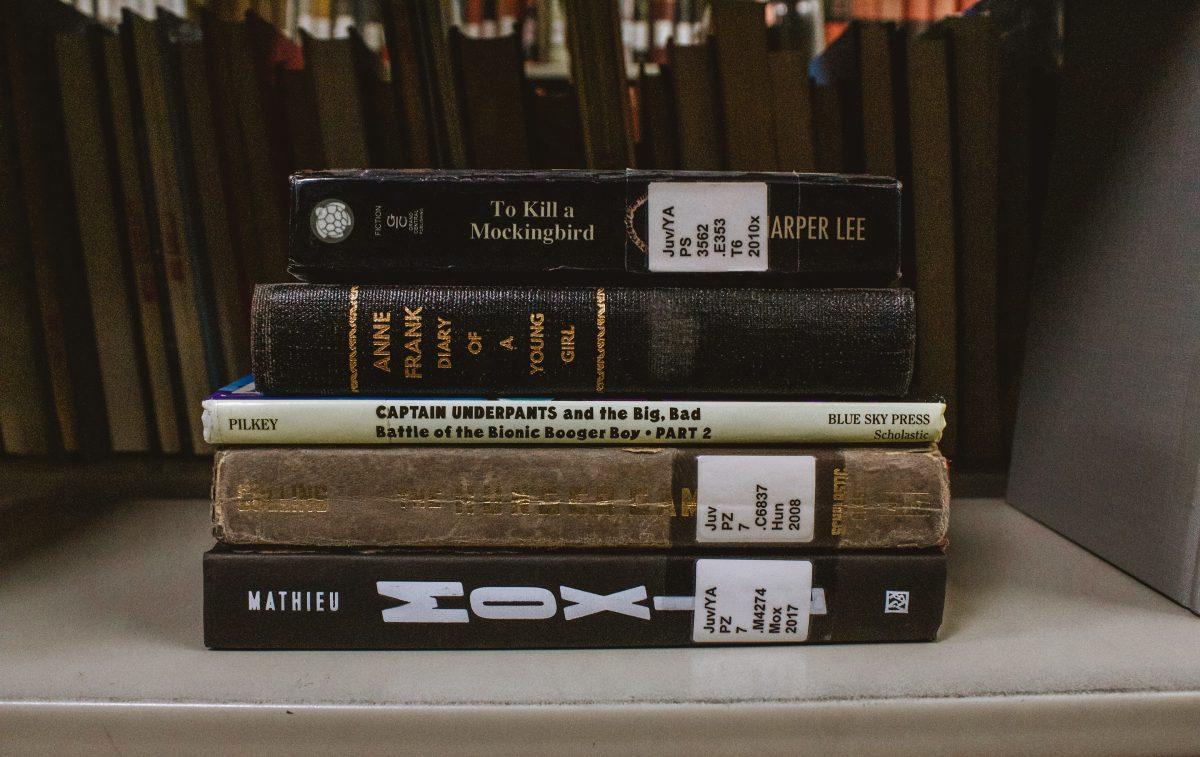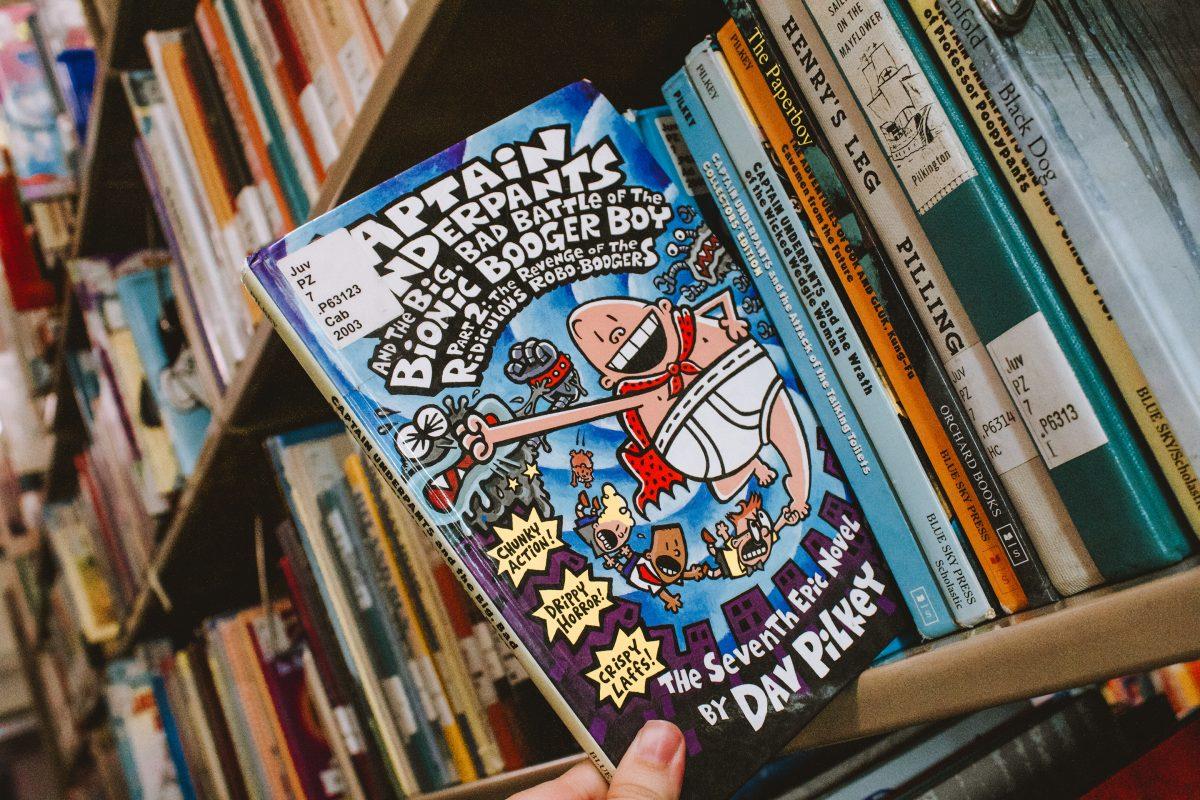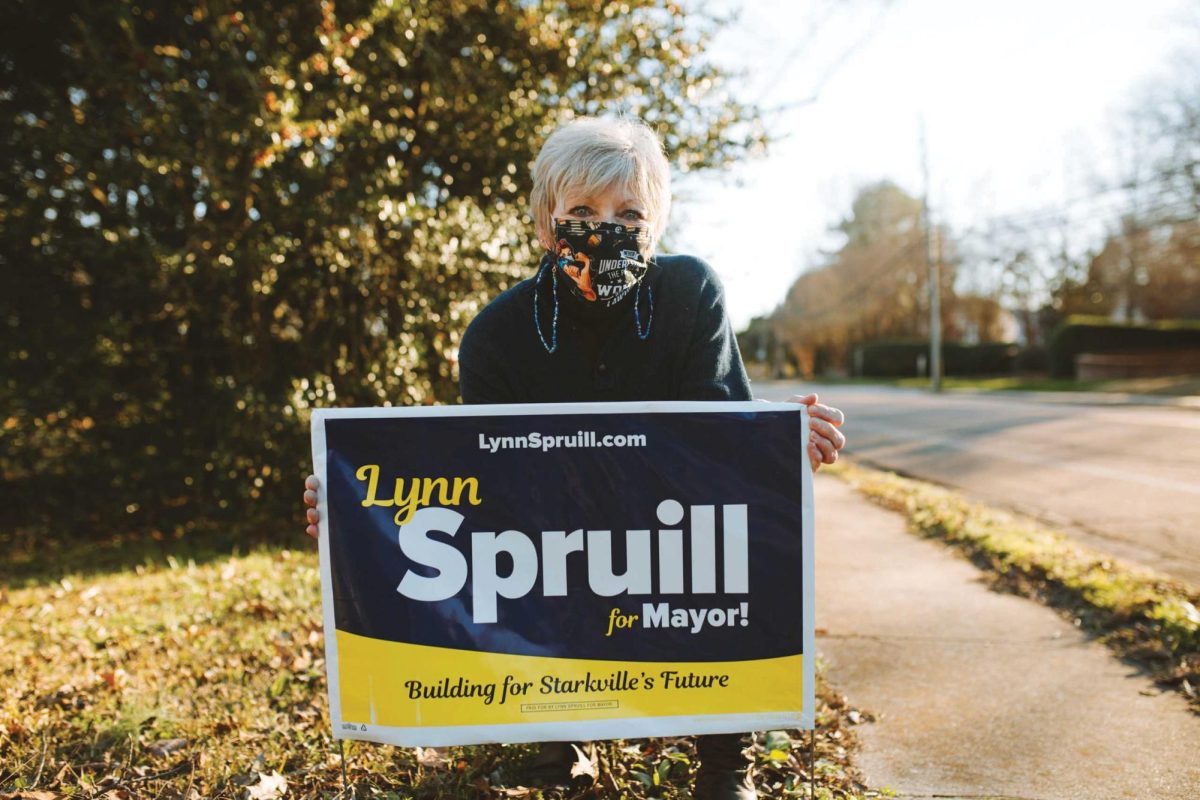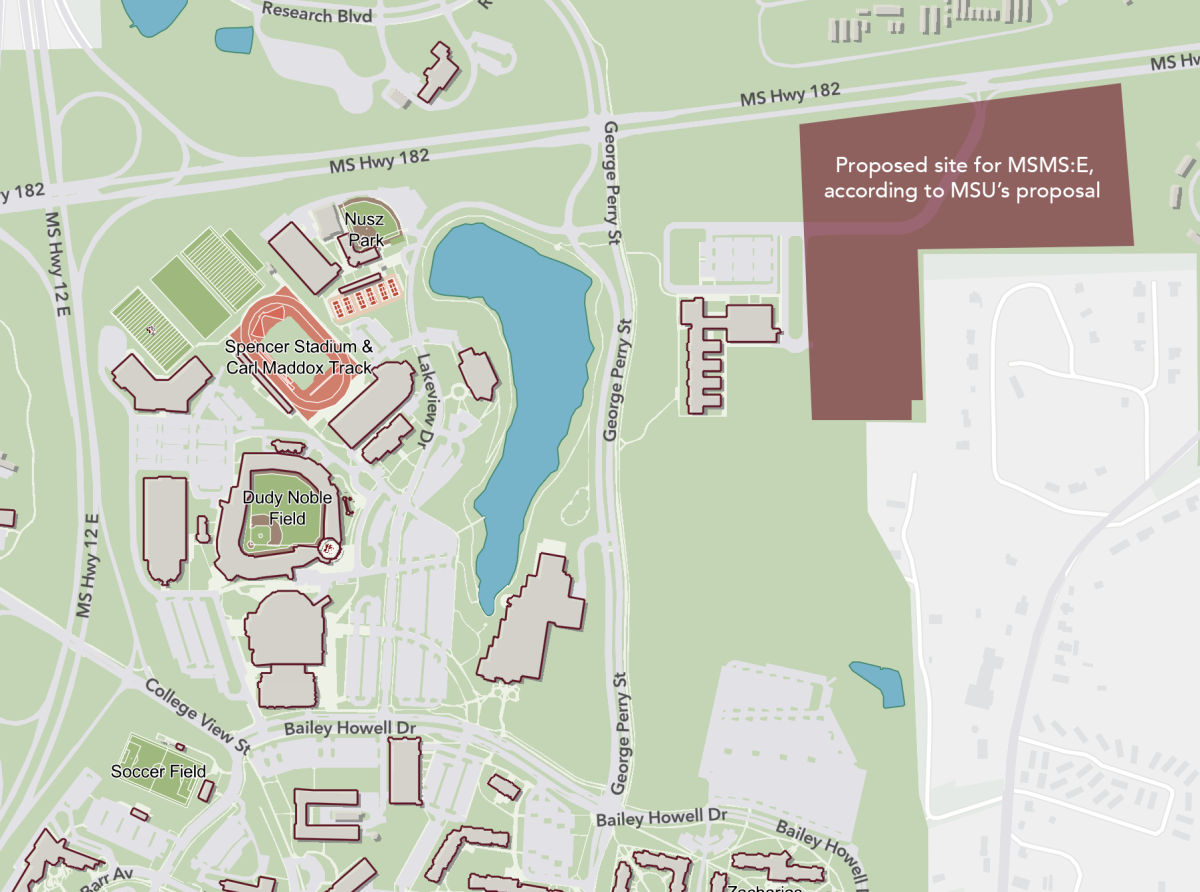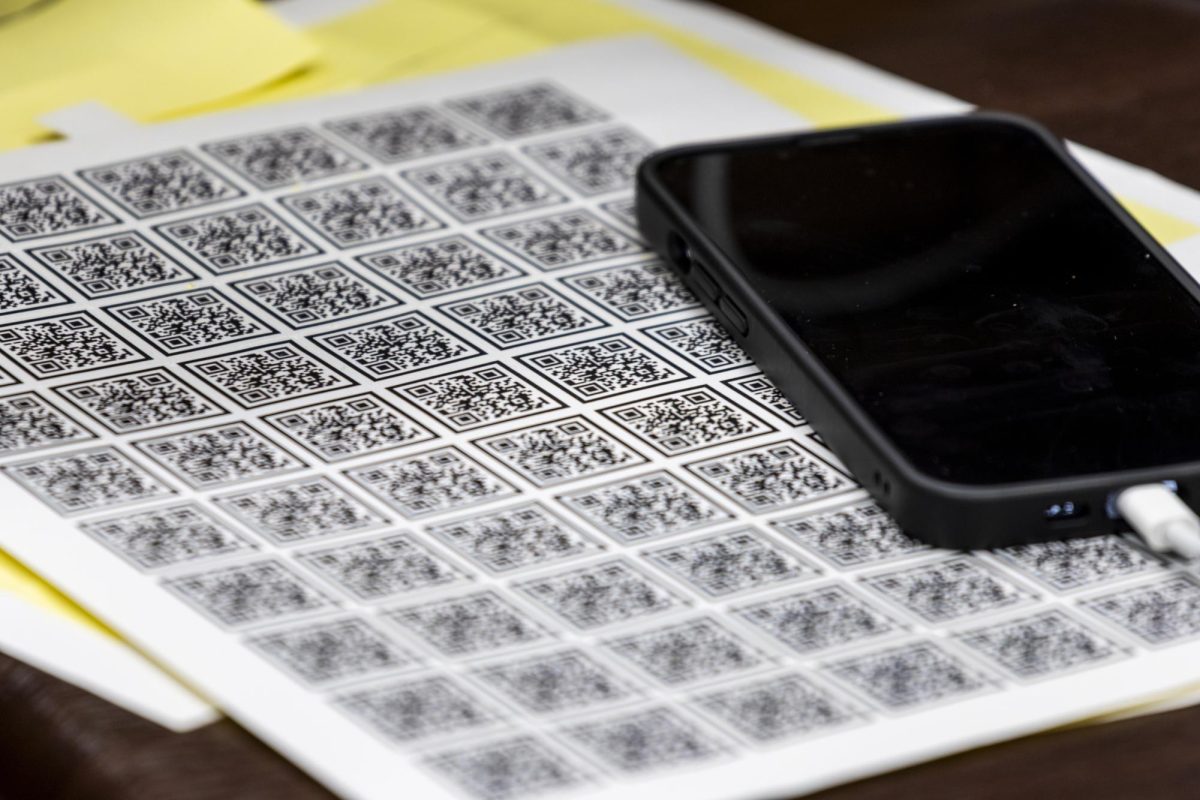Next week, the Mitchell Memorial Library will celebrate Banned Books Week by recognizing works of literature that have been challenged or banned.
Banned Books Week, an awareness campaign affiliated with the American Library Association, takes place Sept. 18 to Sept. 24 throughout the U.S.
According to the event’s website, books like “The Hate U Give” by Angie Thomas and “All Boys Aren’t Blue” by George M. Johnson will be showcased.
K.C. New, humanities librarian at Mitchell Memorial Library, said the event is used to celebrate and inform others of censorship.
“Last year there were almost 2,000 titles that were challenged or banned, and having a specific week dedicated to them allows for a conversation about censorship,” New said.
According to New, certain books are banned to censor messages that are thought to be damaging to the people reading them.
When literature is banned from library shelves, New said a college curriculum can be limited.
“Part of my background in history has allowed me to read part of ‘Mein Kampf’ because it’s necessary to learn all viewpoints instead of being stuck in your own little bubble,” New said.
According to New, next year’s projects for Banned Books Week will be more hands-on.
Rheagan Case, a graduate student majoring in English, expressed how censorship is harmful.
“Banning books allows for certain groups to display discrimination against minorities. Books, I believe, should not be banned,” Case said.
Case said freedom of speech is eliminated when books are banned.
As a student in the English department, she said banning books affects her curriculum.
“Many books regarding race and gender have been banned from schools and universities, and I feel as if this holds students back from learning about experiences that are meant to be discussed from certain groups of minorities,” Case said.
The list of challenged and banned books also includes literary classics such as “To Kill a Mockingbird” by Harper Lee and “Lord of the Flies” by William Golding.
Similar to Case, Rachel Bell, a graduate student majoring in English and former teacher, said she had her own personal experience with banned books.
“As a teacher, I was really shocked when I learned I was going to be teaching ‘To Kill a Mockingbird,’ especially in Mississippi,” Bell said.
After finishing the book with her class, she recalled seeing news about Florida moving to ban the book in schools.
“It kind of made me pause and reflect. It can happen anywhere,” Bell said.
Bell expressed her opinion on restricting these books and their content.
“I always sort of laugh to myself when books like ‘Fahrenheit 451’ or ‘1984’ are banned, but then I realize that the people in power banning these books don’t understand them,” Bell said.
She said she did not see the harm in many of the novels involved with the event.
“Of course, there are lines that shouldn’t be crossed — we probably shouldn’t be proliferating hate speech — but more often than not, these books that are being challenged are net positives,” Bell said.
To learn about the books that have been challenged and the topics associated with them, Bell encouraged students to visit the library and pick up a banned book.
“Freedom to read and engage with different ideas is so important to intellectual improvement. We need to read challenging material to challenge ourselves and our own opinions,” Bell said.
For more information on Banned Books Week, the library plans to host a social media campaign throughout the week on the @msstatelibraries Instagram.
Banned Books Week is a campaign used to speak out against the censorship of novels.


